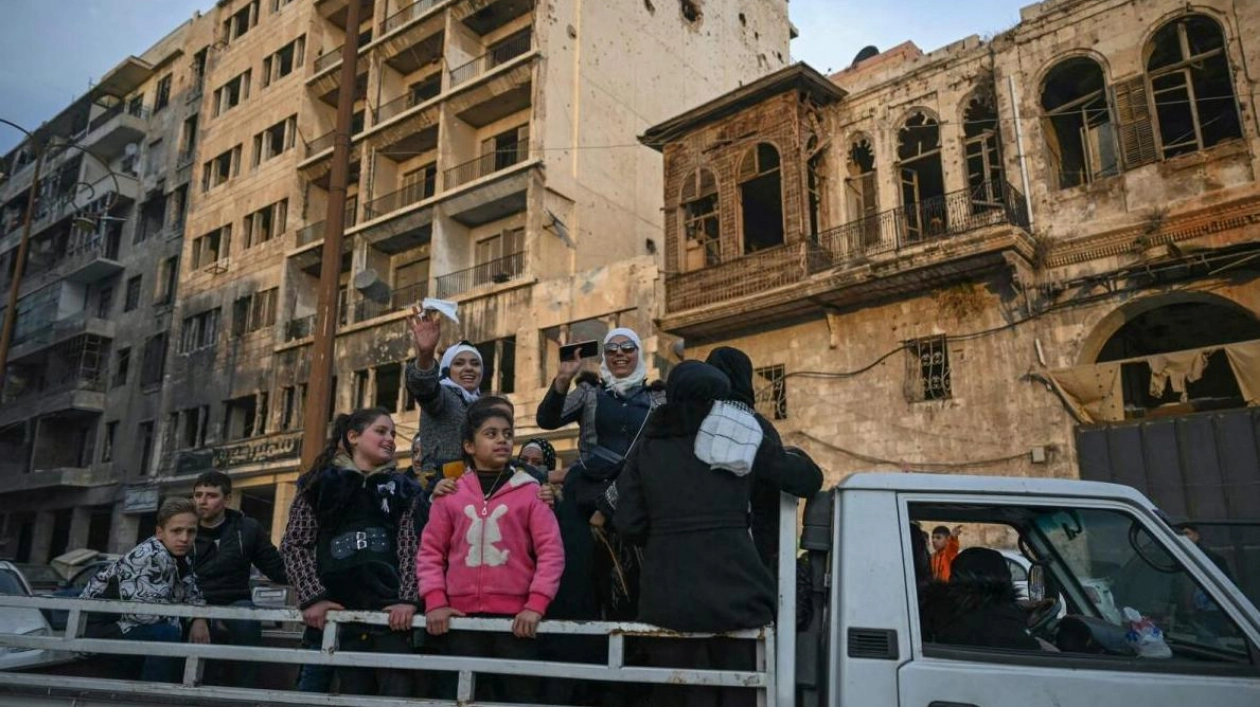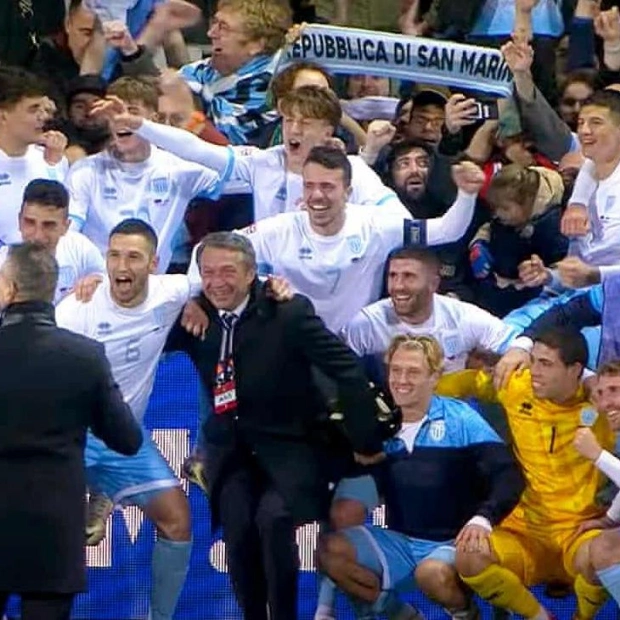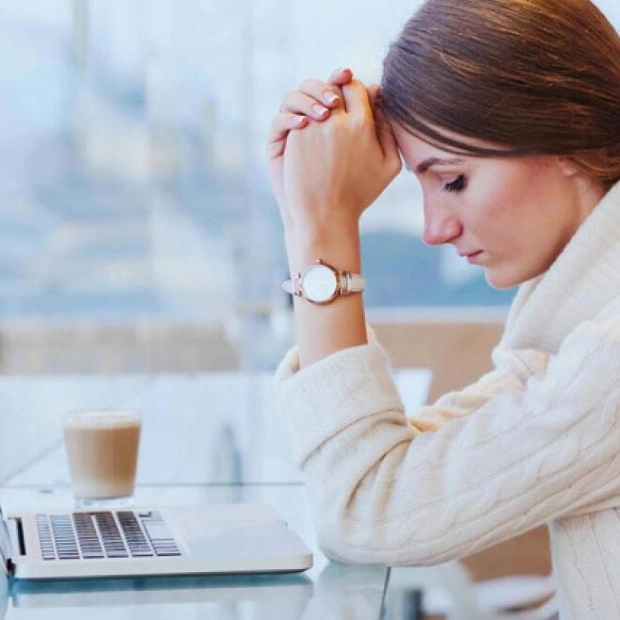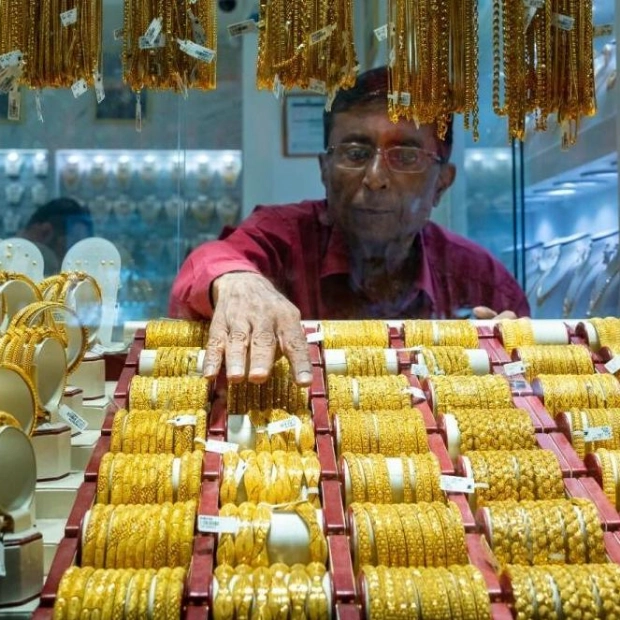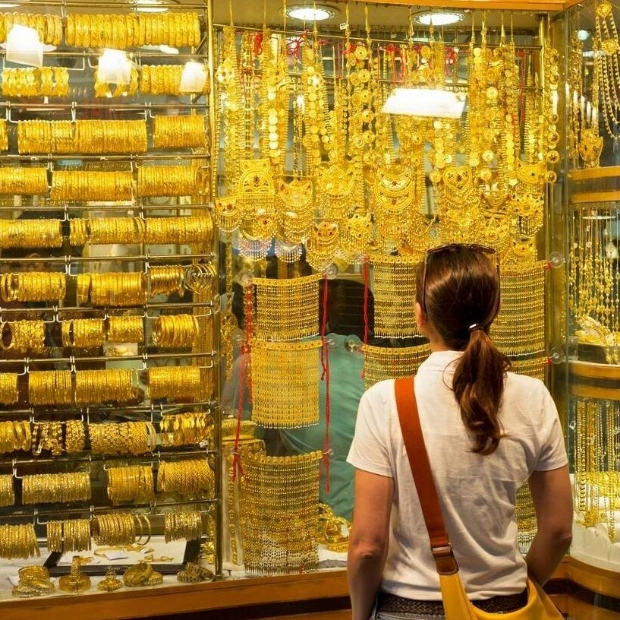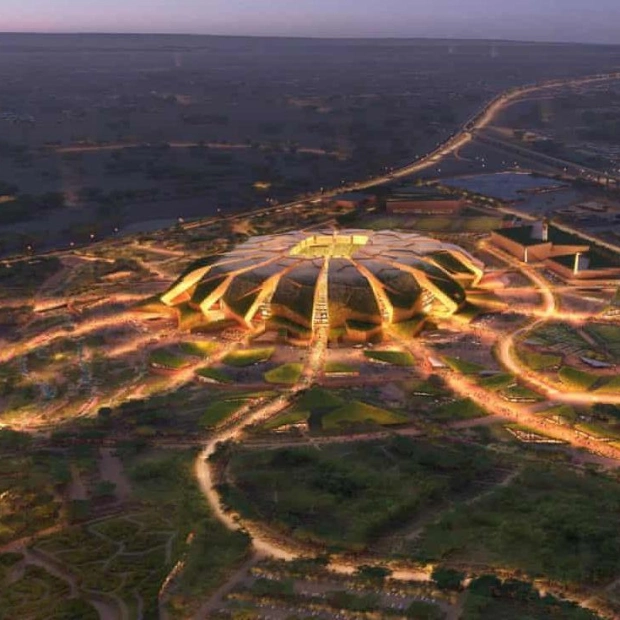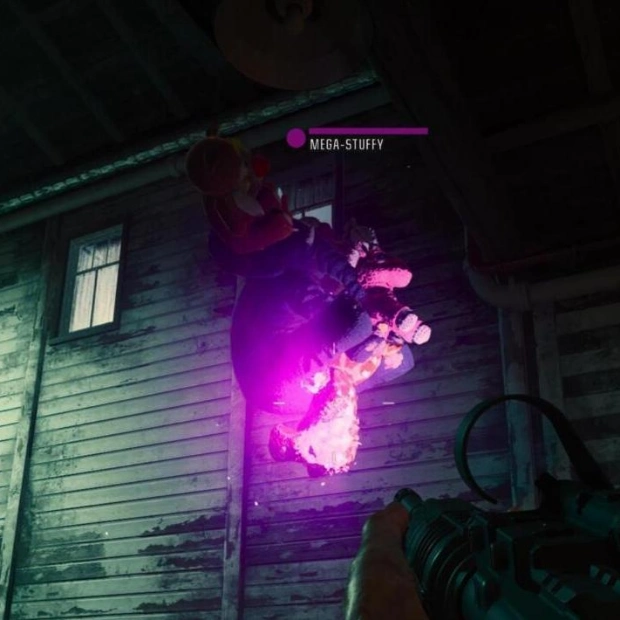People celebrating in the back of a pickup truck drive down a street in Aleppo, Syria, on December 11, 2024. — AFP
In a rare open shop on a main street in downtown Aleppo, Syrian shopkeeper Ramadan Dali energetically dusts the windows, standing on his tiptoes to reach them. Dali, a 70-year-old wearing a black felt hat, is eager for customers to return, along with the renewed hope that has emerged in Syria's second-largest city since it was recaptured by rebels aiming to overthrow President Bashar Al Assad. Once Syria's economic hub, Aleppo was a bustling northern city of two million people, attracting tourists and archaeologists alike. However, it became a focal point of intense fighting during the civil war and was seized by Assad's forces in 2016 with Russian support. Aleppo still shows signs of the violence, with many buildings vacant and dusty curtains hanging from cracked facades. But since the city was retaken by rebels in a swift offensive starting November 27, life has gradually returned to the streets, now free of visible military presence. Traffic is increasing, and at shawarma stalls and coffee stands, people seem eager to resume a semblance of normalcy.
"It won't happen overnight, but within two or three months, all the other stores will reopen," said shopkeeper Dali. He spoke to AFP on Wednesday inside his watch shop, which remained dark due to the lack of electricity on Yusuf al-Azma street. "We are starting to feel safe," he said. Before the rebels recaptured Aleppo, the area around his shop was occupied only by members of Syria's secret service, he noted. "We couldn't say anything," Dali added. Nearby, other vendors sold flowers, sweets, and corn to the evening crowd gathered around the medieval citadel, which dominates Aleppo's old city. The citadel, a global attraction, escaped significant damage during the conflict. After dark, young people danced to drumming and took selfies with the three-star flag of Syria's opposition, symbolizing the end of five decades of Assad family rule. Even a few armed fighters guarding the citadel's entrance showed cautious celebration.
Mustafa al-Khatib, a waiter at the Bab al-Ahmar restaurant at the citadel's base, pointed to nearby collapsed buildings, including the destroyed Palace of Justice and ruined historic hammam. "The Russians," he said, expressing frustration. "We feel free and safe," said the 43-year-old, who awaits the restart of school for his five children. "They said maybe in a week's time." However, his primary concern is the soaring cost of food, forcing him to work "15 hours a day." This concern is shared by many. While Aleppo isn't facing shortages, skyrocketing prices mean shopkeepers prefer Turkish lira over the stacks of Syrian pounds needed for a single sandwich. Near some shops, a group of women returning to work for the first time expressed worries about prices. Employees of the social affairs ministry were unsure when they would be paid next—or by whom. Juman Khilaly, a 40-year-old wearing a white scarf, said, "There is still a lot of uncertainty." She was particularly concerned about her 10-year-old son, who frequently asks, "Where are we going? What will happen next? When will we go back to school?" Faced with such uncertainty, she feels both hopeful and worried. "And everything is so expensive," she added. Susan Kebbewar, 36, noted, "We have just endured three days of aerial bombardments, which was terrifying." But she added, "We have been watching the news and waiting for this moment for so long." As a woman, she hopes for this change to assert her rights. The country's new leaders don't frighten her—quite the opposite. "We felt cut off from the world," she said. "Today, our country is free again."
Source link: https://www.khaleejtimes.com
